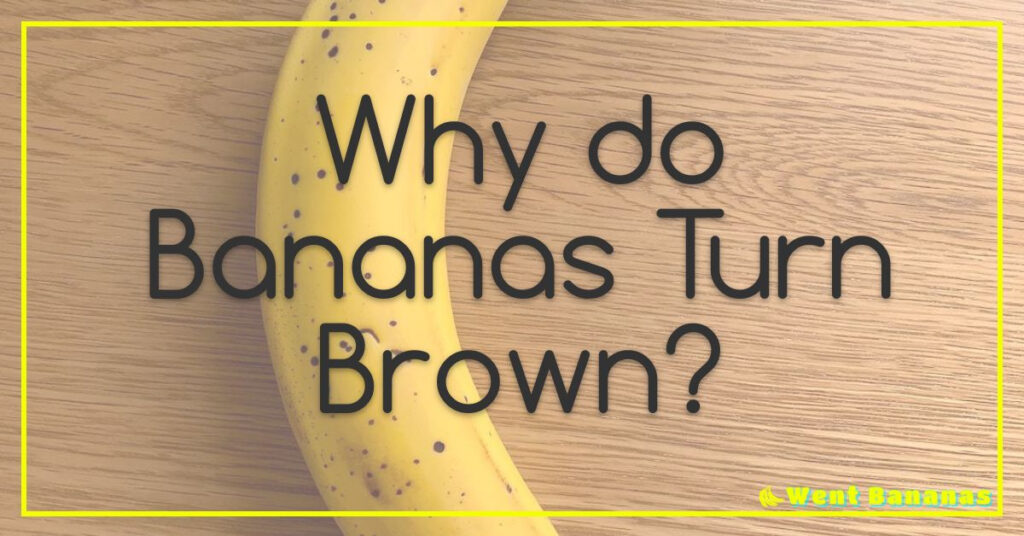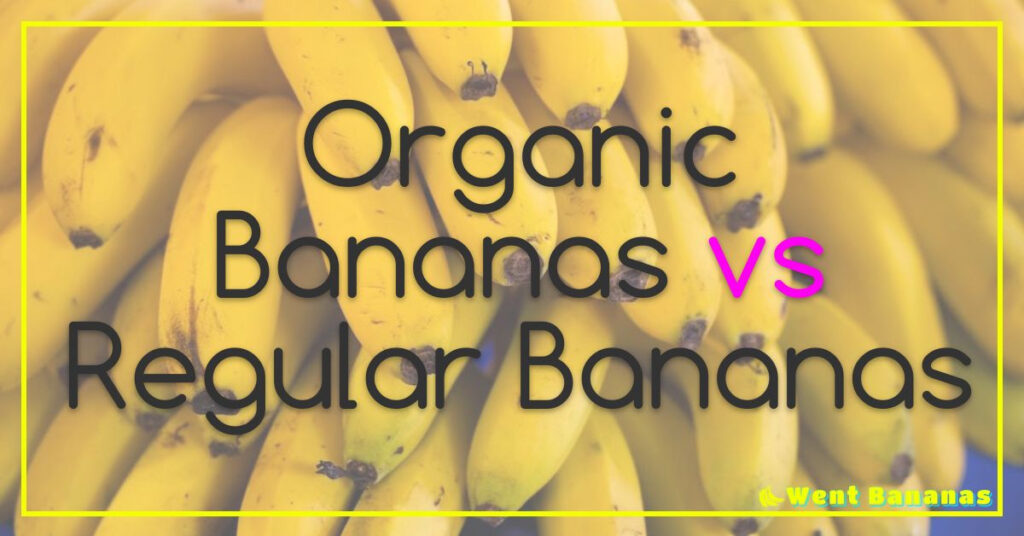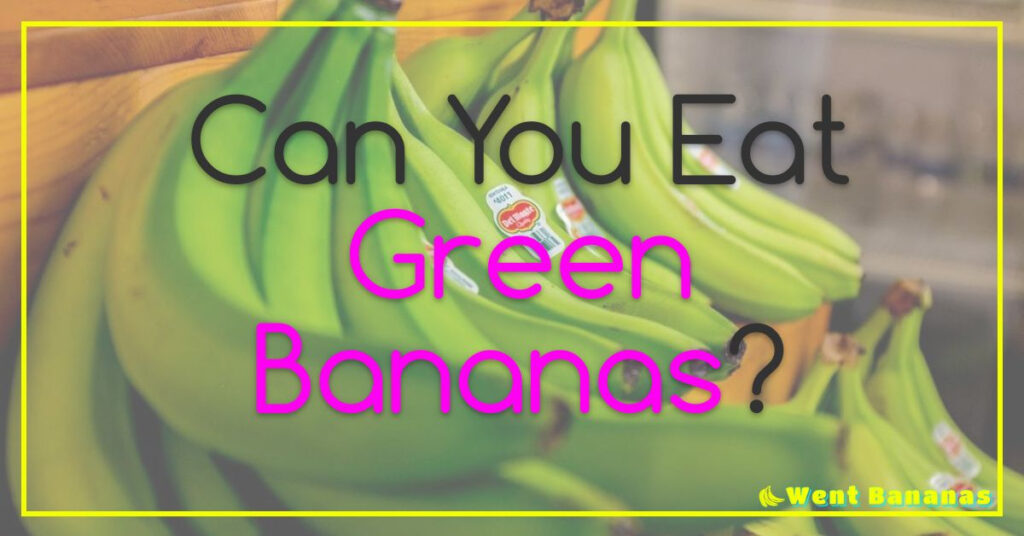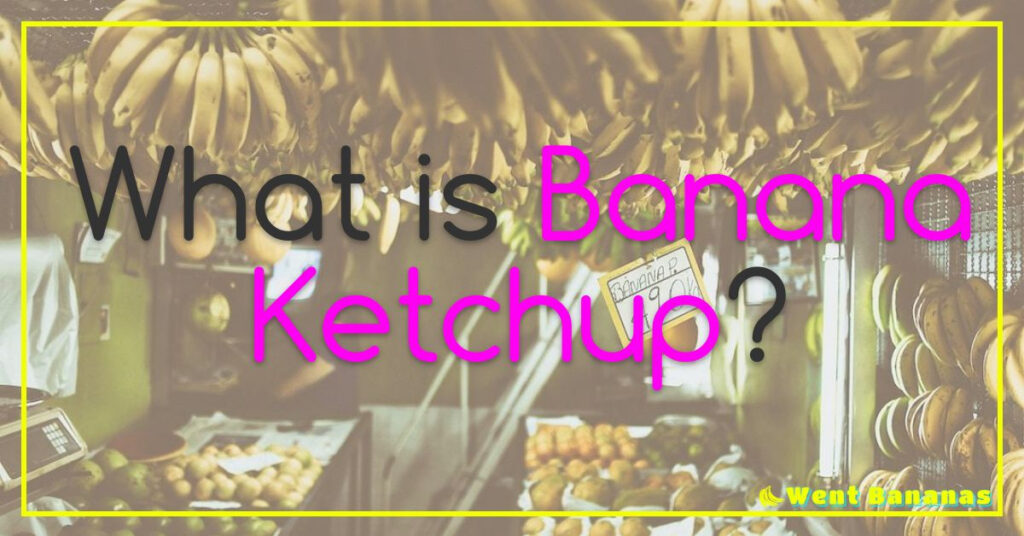Banana as a Sugar Substitute: A Comprehensive Guide and Delicious Recipes
Are you tired of using white granulated sugar in your recipes and looking for a healthier alternative? Have you ever wondered if you can use bananas as a sugar substitute? If so, you`re in the right place.
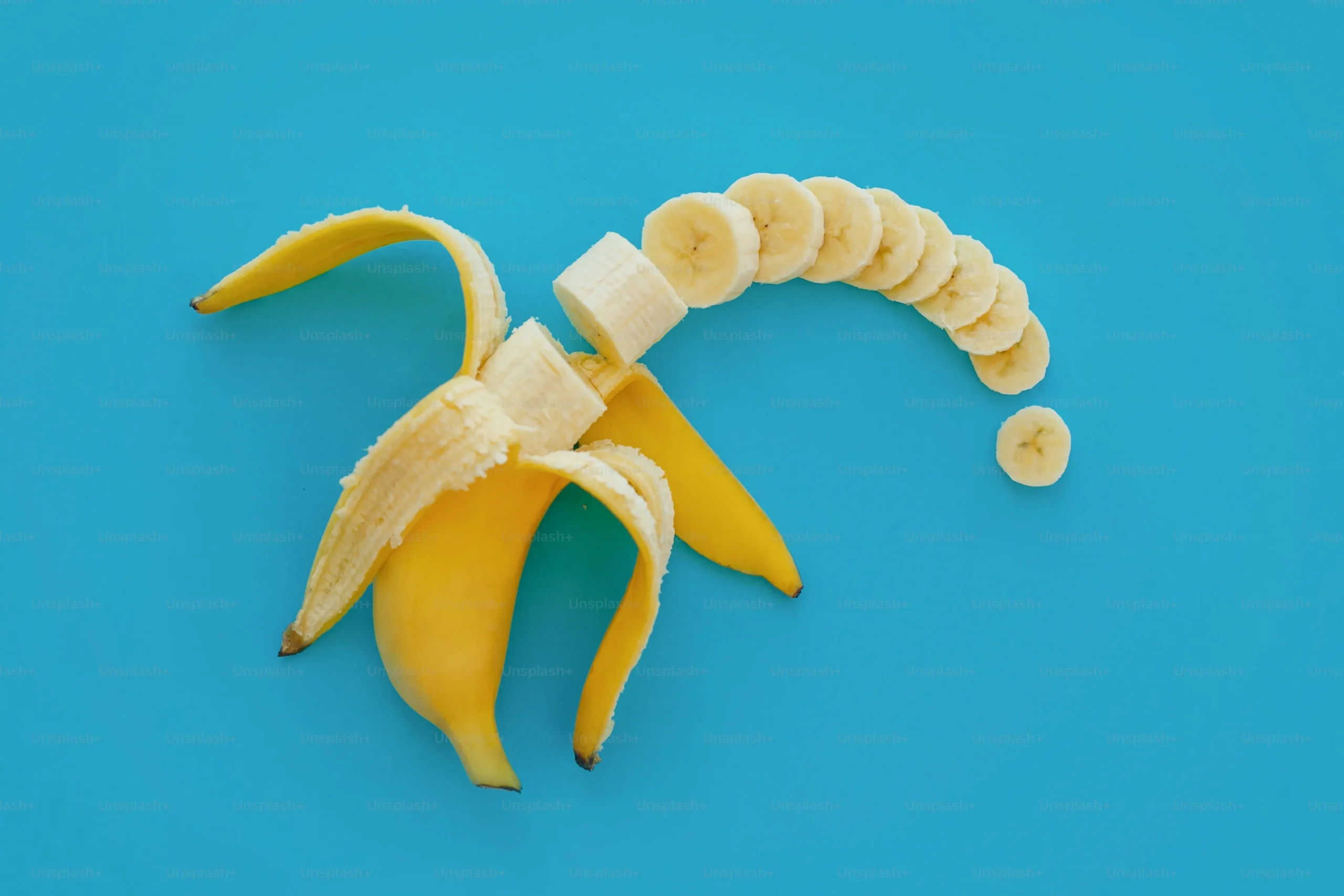
Bananas are not only a delicious fruit but also a great low-calorie, nutrient-dense alternative to sugar. In this article, we`ll provide an introduction to banana as a sugar substitute, give an overview of the nutritional value of bananas, discuss the benefits and drawbacks of using bananas instead of sugar, and provide some delicious recipes and tips for using bananas in your cooking.
Whether you`re looking to cut down on your sugar intake, are curious about the nutritional benefits of bananas, or just want to explore new ways to use this versatile fruit in your cooking, this article has everything you need to know. So keep reading to discover how to incorporate bananas into your diet and transform your culinary creations.
An Introduction to Bananas as a Sugar Substitute.

Bananas, the beloved fruit that is often seen as a snack, can also serve as a sugar substitute. This is great news for those who want to reduce their sugar intake without sacrificing flavor in their meals and treats.
Bananas contain natural sugars such as fructose, glucose and sucrose. These sugars are slowly released into the bloodstream which prevents spikes in blood sugar levels. Additionally, bananas are rich in fiber which slows down digestion and prolongs the feeling of fullness.
One way to use bananas as a sugar substitute is by using ripe mashed bananas instead of processed sugar in baking recipes. Not only does this add sweetness to the baked goods but it also adds moisture which results in a more moist texture.
Another way to use bananas as a sugar substitute is by adding them into smoothies or oatmeal bowls instead of honey or maple syrup. Bananas provide natural sweetness while adding essential nutrients like potassium, vitamin C and vitamin B6.
It’s important to note that while using banana as a sugar substitute may be healthier than processed sugars, it still contains calories so moderation is key. It’s recommended to consume no more than 2-3 bananas per day depending on individual caloric needs.
In conclusion, incorporating bananas into our diet can be a delicious and healthy way to reduce our consumption of processed sugars while reaping the benefits of essential nutrients found naturally in this fruit.
An overview of the nutritional value of bananas.
Bananas are a widely consumed fruit known for their sweet taste and convenient packaging. However, they also offer a wide range of nutritional benefits that are often overlooked.
Firstly, bananas are an excellent source of dietary fiber. Fiber is crucial for maintaining digestive health and reducing the risk of various diseases such as heart disease and colon cancer.
In addition to fiber, bananas are also rich in important vitamins and minerals. For example, they contain high levels of vitamin C which boosts immunity and helps maintain healthy skin. Bananas also contain potassium which is essential for regulating blood pressure and promoting heart health.
Moreover, bananas have been found to have anti-inflammatory properties due to their high levels of antioxidants such as dopamine and catechins. This can help reduce inflammation in the body which is linked to numerous chronic diseases.

Lastly, it’s worth noting that despite their sweet taste, bananas are relatively low in calories compared to other fruits like mangoes or grapes. This makes them an ideal snack option for those looking to maintain a healthy weight or manage diabetes.
Overall, the nutritional benefits of bananas make them an excellent addition to any diet. Whether you enjoy them on their own or incorporated into smoothies or baked goods, there’s no denying that these versatile fruits offer a wealth of health benefits.
The benefits and drawbacks of using bananas instead of sugar are.
Bananas are a popular fruit that can be found in every corner of the world. Not only are they delicious, but they also have numerous health benefits. However, some people have started using bananas as a replacement for sugar in their diets. While this may seem like a healthy alternative, there are both benefits and drawbacks to using bananas instead of sugar.
One of the main benefits of using bananas instead of sugar is their natural sweetness. Bananas contain natural sugars such as fructose and glucose, which make them a great substitute for processed sugars. This means that you can enjoy sweet treats without worrying about consuming too much added sugar.
Another benefit is that bananas are packed with nutrients such as potassium, vitamin C, and fiber. These nutrients not only nourish your body but also help regulate blood sugar levels.
However, it’s important to note that bananas also contain calories and carbohydrates. While these aren’t necessarily bad for you in moderation, consuming too much can lead to weight gain or other health issues.

Additionally, replacing all forms of sugar with bananas may not be practical or realistic for everyone’s lifestyle or dietary needs. It’s important to balance your intake with other healthy foods and consult with a healthcare professional before making any drastic changes to your diet.
In conclusion, while there are certainly benefits to using bananas instead of sugar in your diet – such as natural sweetness and added nutrients – it’s important to consider the potential drawbacks too. As with any dietary change or adjustment, it’s best to consult with a healthcare professional before making any major changes so you can ensure you’re doing what’s best for your body and overall health goals.
Recipes and tips for using bananas as a substitute for sugar in various dishes.
Bananas are a versatile fruit that can be used in a variety of ways, including as a substitute for sugar in various dishes. If you’re looking to cut down on your sugar intake but still enjoy sweet treats, bananas could be the perfect solution.
Here are some recipes and tips for using bananas as a substitute for sugar:
1. Banana Bread: Swap out the sugar in your favorite banana bread recipe with mashed ripe bananas. The natural sweetness of the fruit will add flavor and moistness to the bread.
2. Smoothies: Use frozen bananas instead of sugary syrups or sweetened yogurts when making smoothies. They’ll add creaminess and sweetness without adding unnecessary calories.
3. Pancakes: Mash up ripe bananas and use them as a natural sweetener when making pancakes or waffles. You can also use them as a topping instead of traditional syrup.
4. Ice Cream: Blend frozen bananas with milk or coconut cream to create a healthy alternative to ice cream that’s free from added sugars.
5. Baking: Use mashed ripe bananas in place of sugar when baking cookies or cakes, reducing the amount of added sugars significantly while maintaining flavor and texture.
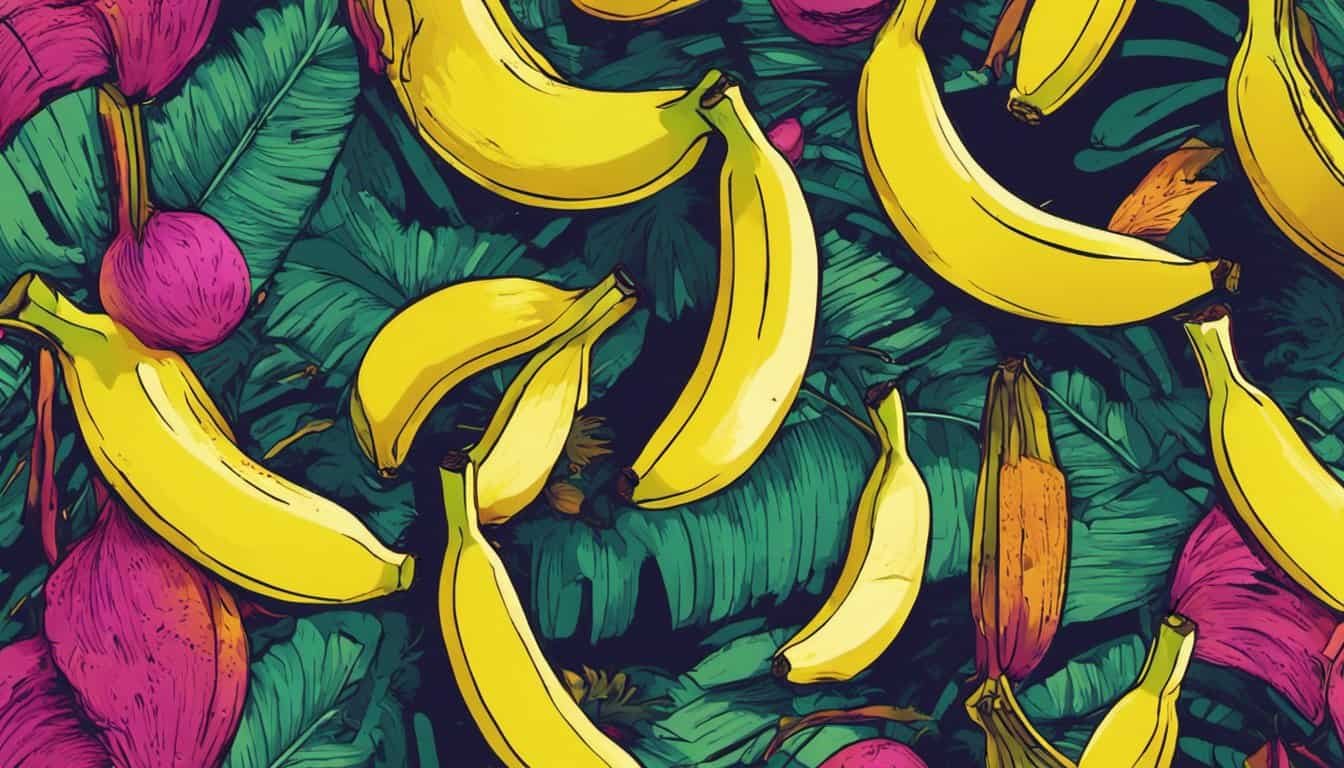
Overall, using banana as an alternative to processed sugars is not only delicious but also offers numerous health benefits like improving digestion, providing essential nutrients like potassium and fiber while keeping blood sugar levels under control by regulating insulin secretion naturally through its low glycemic index (GI). So next time you reach for that packet of refined white sugar, think twice about how you can swap it out for this fantastic fruit!
Concluding thoughts and recommendations.
In conclusion, the humble banana is a fruit that deserves much more attention than it currently receives. Its versatility in both sweet and savory dishes, its high nutritional value, and its affordability make it an ideal choice for any kitchen.
If you’re looking to learn more about bananas, my recommendation would be to try incorporating them into your diet in new and creative ways. Experiment with different recipes and techniques until you find what works best for you. And remember, there’s no wrong way to eat a banana – whether you prefer them fresh out of the peel or baked into a delicious bread, this fruit is sure to satisfy your cravings while providing numerous health benefits.
In addition to being delicious and nutritious, bananas also have important cultural significance in many parts of the world. From their use in traditional medicine to their role as a staple food crop for millions of people around the globe, these fruits have been an integral part of human society for centuries.
So next time you reach for a banana at the grocery store or see one on your plate at breakfast, take a moment to appreciate all that this amazing fruit has to offer. By learning more about bananas and incorporating them into our lives in new ways, we can continue to unlock their full potential as both food and cultural icons.
Check out our other articles to find out even more about banana.
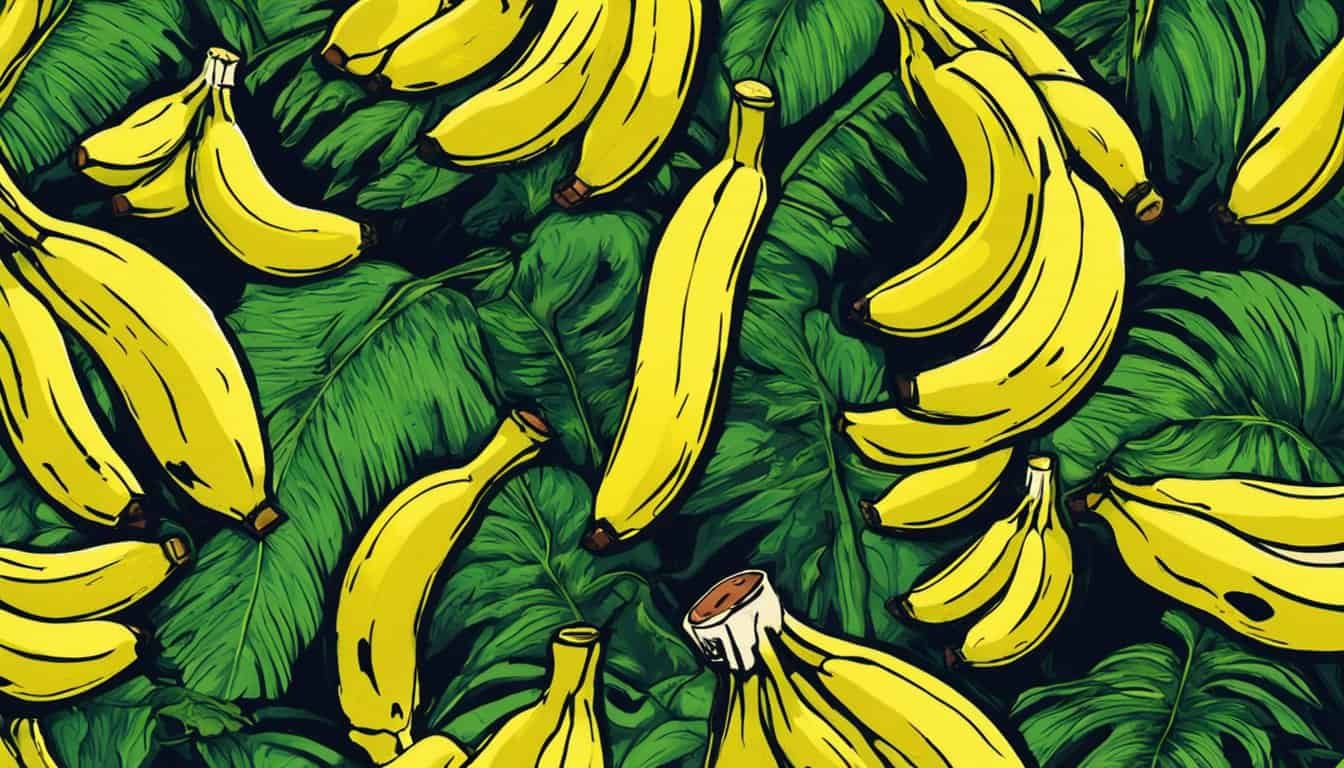
Banana is a viable alternative to sugar in many dishes, as evidenced by its nutritional value and multiple benefits. From desserts to savory dishes, there are limitless possibilities for incorporating banana into your recipes. If you’re interested in learning more about this versatile fruit, be sure to check out our other articles to find out even more about banana!







